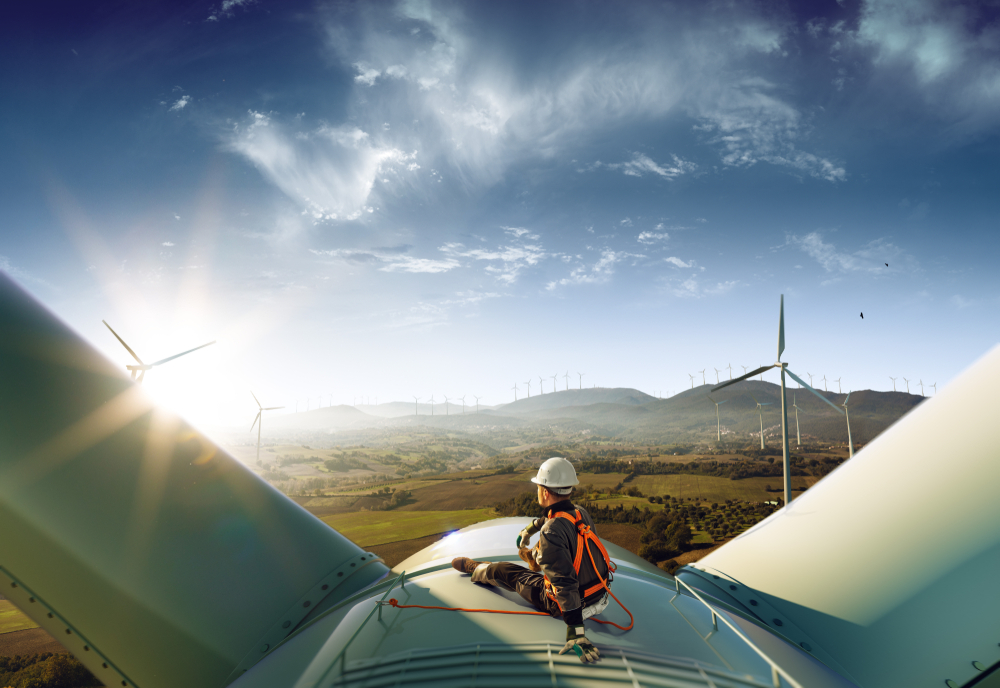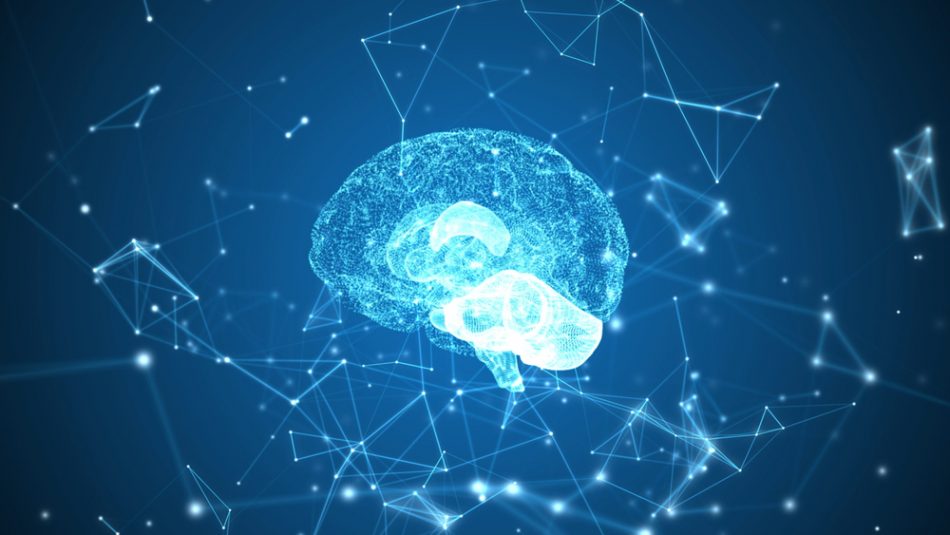Science
From mathematics and AI to medicine and psychology, The Optimist Daily features the latest news on discoveries, technological advances, and breakthroughs in the world of science. Our Science section is here to engage and enlighten you.

Metallic water created on Earth for the first time
Earlier this year, a research team from the Czech Academy of Sciences in Prague looked to achieve something science never has before: making metallic water here on Earth. Water is normally bound to other water molecules in a liquid state, but when a high enough pressure is applied, these water Read More...

Rare genetic variant explains pain-free childbirth in some women
Childbirth is the most painful experience of many women’s lives, but for a select few, the process is far less unpleasant. Researchers from the University of Cambridge have found that a small proportion of women with a rare genetic variant have a higher threshold for pain during Read More...

New invention slashes time in diagnosing antibiotic resistance
Thanks to the overuse of antibiotics and the intelligence of microorganism evolution, antibiotic-resistant pathogens are on the rise. According to the CDC, over 2.8 million antibiotic-resistant infections arise annually in the US. The cost of this problem is estimated to be around $4.6 billion per Read More...

This is the most detailed map ever of US cancer-linked industrial pollution
Air pollution has been linked to numerous diseases including asthma, cancer, and heart disease, but while air pollution can negatively affect all of us, its damage is disproportionately felt by certain populations. Breaking down where air pollution is most potent and why is the first step to Read More...

Say goodbye to cracked screens and hello to nanocrystals
We’ve all been there; Watching in slow motion as our phones come crashing down to the floor. Bending down filled with dread to see the possible damage to our screens and another potential hole in our wallets. Thanks to new breakthrough research out of the University of Queensland, this experience Read More...

This algae-filled bounce house captures CO2 as children jump
We recently shared how an innovative playground in Poland uses algae to capture CO2 and create a safer play space for children. Now, that same concept has traveled to the COP26 climate conference where it is gaining international attention in the form of a children’s bounce house. At first Read More...

When bees can't get to crops, these robots step in
Colony collapse disorder, harmful pesticides, and climate change have all contributed to the global decline of bee species. This is not only an urgent biodiversity problem but also an issue for our global food systems since a lot of our crops rely on these little insects for pollination. Produce Read More...

These wind turbine walls let cities harness wind power beautifully
One of the major downfalls of harnessing wind energy is that large-scale wind farms require lots of space, away from urban areas, and wind turbines with bulky poles and huge spinning blades that aren’t just considered an eyesore but are hazardous for birds. Well, what if we could harvest wind Read More...

Modelling AI from nature’s own supercomputer: The brain
AI and machine learning are to thank for transforming the world around us; from our phones to medicine, transportation, and even our toilets! Unfortunately, the huge rise in this field is coupled with a lot more energy expenditure to power these complex machines─not the most ideal situation with Read More...

Looking to the past to predict the future of climate change
Contemporary climate modeling uses our understanding of physical, chemical, and biological processes to shape earth system models. However, as climate change presents our world with unprecedented climate events, these models are becoming flawed and cannot accurately simulate events from the past. Read More...


